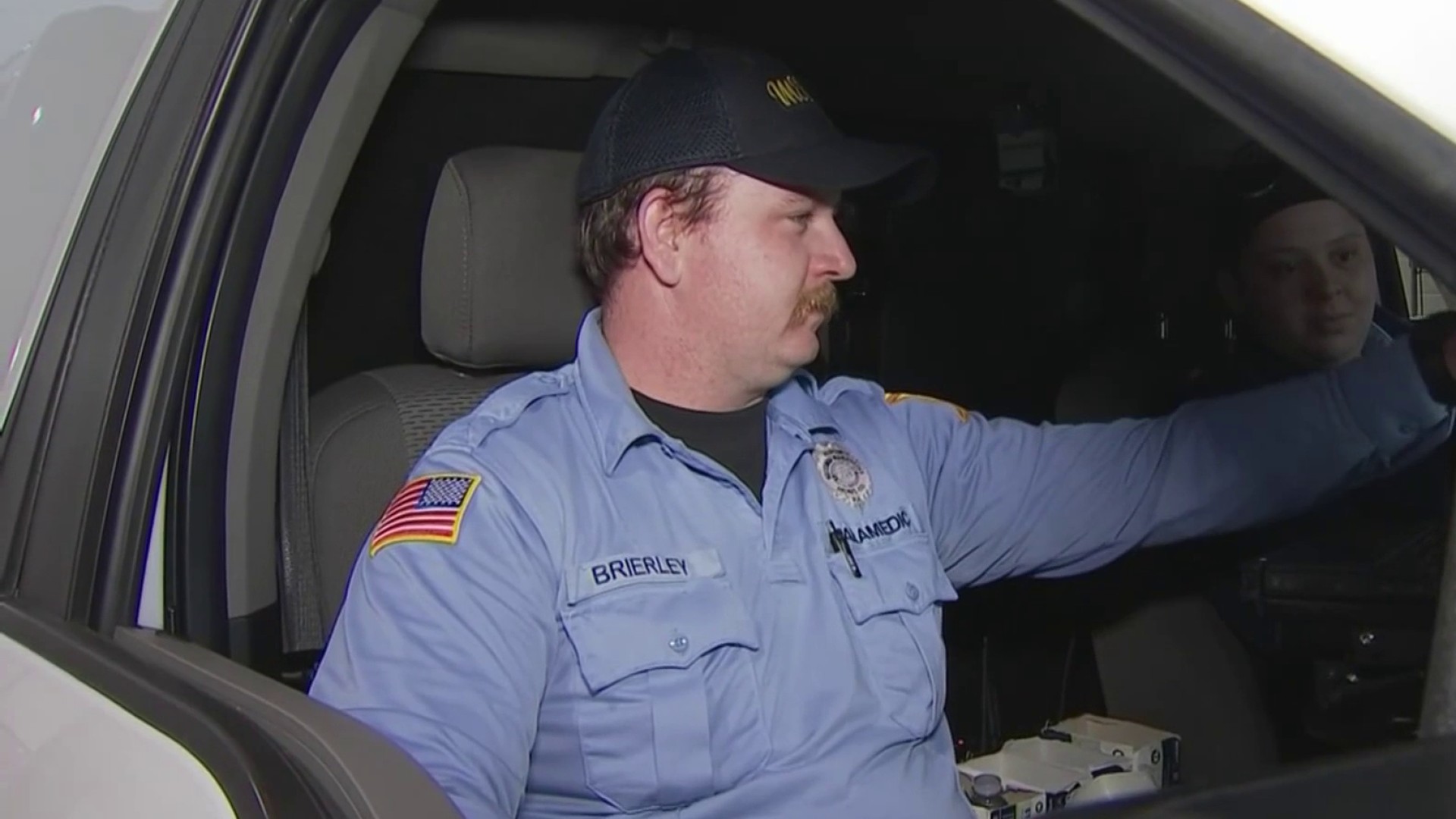A bill to overhaul Pennsylvania's charter school law would gut local control of the alternative schools by eliminating enrollment caps and giving universities the power to authorize new charters, opponents said Monday.
The criticism from the Education Law Center comes after a state Senate committee recently voted to advance the legislation, which supporters say will provide greater accountability and stronger standards for charter schools.
Nearly 119,500 students are enrolled in Pennsylvania's 176 charters, which are publicly funded but operate independently of local districts.
The charter school statute does need updating, law center attorney David Lapp told reporters in a conference call. Yet the Senate proposal will do more harm than good, he said.
Currently, districts approve the creation of charters, negotiate enrollment limits and pay the schools a per-pupil fee. The Senate bill would allow charters to set their own enrollment limits, which Lapp said could have dire financial consequences.
"This level of unpredictability would be rather devastating,'' he said.
Local
Breaking news and the stories that matter to your neighborhood.
And a provision allowing colleges to approve charter applications would remove decision-making power from local education officials, who still would be left holding the bag if the school underperforms, he said.
"Universities ... don't have any financial skin in the game,'' Lapp said.
But he supports some of the bill's proposals to strengthen ethics and transparency in charter school operations. Sen. Lloyd Smucker, R-Lancaster, who introduced the legislation, did not return a call for comment on Monday.
Robert Fayfich, executive director of the Pennsylvania Coalition of Public Charter Schools, acknowledged the Senate bill is ``vague'' about the role of college authorizers. But he expects lawmakers to introduce amendments clarifying that universities would offer rigorous, independent evaluations, not an end-run around local school boards.
"It's to strengthen the authorizers,'' Fayfich said. 'Right now, we do not have strong authorizers in the state.''
The House passed similar legislation in September to revise the 1997 law governing charters. Yet without an agreement between House and Senate GOP leaders, it's not clear if or when a bill would make it to the desk of Gov. Tom Corbett, who has pressed for ways to make it easier for charter schools to open.
The House bill does not permit universities to authorize charters. However, like the Senate legislation, it would expand the state's charter appeals board to add two people who are sympathetic to charter schools.
Both bills would ban enrollment caps and reduce some payments of taxpayer money to charter schools. The Senate bill, though, would keep more savings for the state while the House bill would create more savings for school districts.
House and Senate leaders have tried and failed several times under Corbett to resolve differences over how to overhaul the charter school law. A full Senate vote on Smucker's bill is expected later this month, and that could set up negotiations between leaders of the Republican majorities in both chambers.
While the legislation contains many of the same provisions as previous bills, the political environment is different, Fayfich said.
Recent scandals involving charges of financial improprieties against charter school operators "put a fire under the General Assembly that they need to do something,'' he said.



